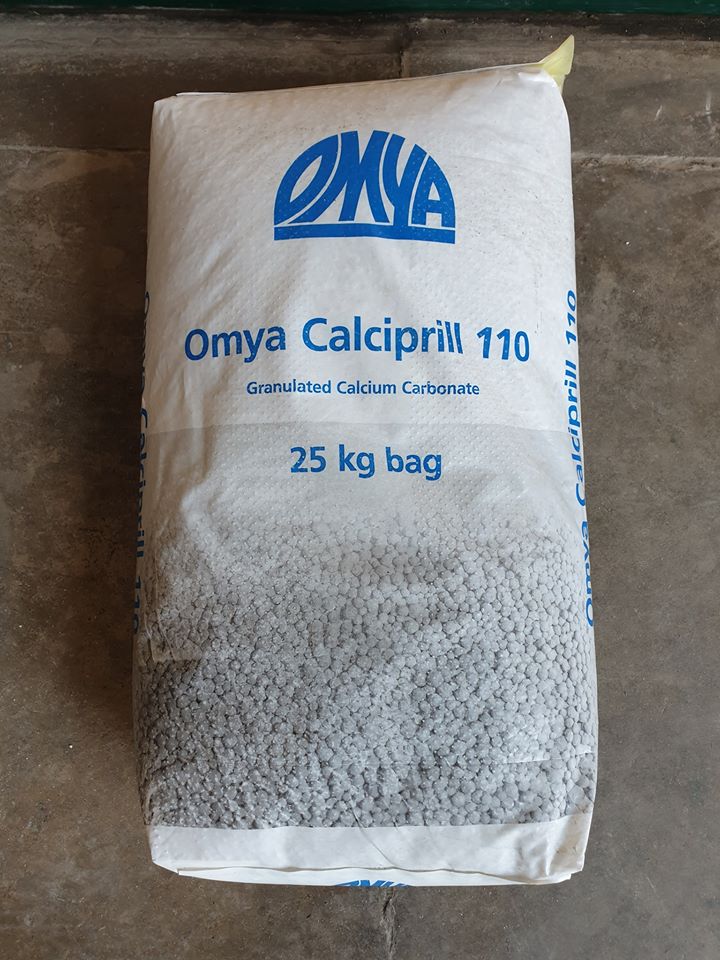
By George Munene
Soil pH refers to the measure of the acidity (sourness) or alkalinity (sweetness) of a soil. The soil PH scale ranges from 0.0 (most acidic) to 14.0 (most alkalic). 7.0 is neutral; neither acid nor alkaline. Acidic soils make up 13 per cent (7.5 million hectares) of agricultural land in Kenya, covering large swaths of Busia, Bungoma, Kakamega, Kisii, South Nyanza, Siaya, Kericho, Narok, Uasin Gishu, Marakwet, Baringo, Murang’a, Nyeri, Embu and Meru which all have a PH of 5.5 or less.
While traditional liming takes one to two years to be effective, CALCIPRILL 110, reduces soil acidity in just four to six weeks. Five units of PH improvement can increase yields by 11-13 per cent.
Soil PH is essential as it determines the availability of essential nutrients to plants and the rate of nutrient leaching from the soil. On average 53.67 per cent of fertiliser’s nutrient value is lost in soils with PH levels of below 5.0. Soil PH also governs soil structure and bacterial activity in soils—this releases nitrogen from organic matter and fertilisers. Bacteria operate best in a pH range of 5.5-7.0
Related News: How to maintain and improve soil fertility for profitability
CALCIPRILL 110, Calcitic granulated lime (CaCO3), comes in grains that need just 10mm of water to disintegrate. It can be applied on the farm before, during or after planting through broadcasting or drilling. It reduces soil compaction improving plant root permeability as well as supplying crops with calcium. You will need a 50 Kg bag to apply on an acre. The application rate for trees/ shrub is 100g per tree.
Plant nutrients are most available to crops in the 5.5 to 6.5 pH range. Most vegetables do best in soils with a PH range of 6.2 – 7.4, while cereals such as maize perform better in a PH of 6.0. If the PH falls below 5.5 or is above 7.5, soil treatment might be necessary. Tubers such as potatoes prefer a 5.5 to 7.0 soil PH range.
The Harvest to Table website has a detailed breakdown of the PH preferences of various crops; https://harvesttotable.com/vegetable-crop-soil-ph-tolerances/
Related News: Simple farm tool enables farmers maintain soil health, improve yields
Related News: The growing medium that offers 100 per cent seed germination than soil
Liming is the most commonly employed method of raising soil PH, while aluminium sulphate and sulphur are used to lower soil PH.
To determine the PH measure of your soil you will need to conduct soil tests.
A 25kg bag of CALCIPRILL 110 retails at Sh1,558
Amiran Kenya; 0800720720 (Toll free)
















Comments powered by CComment